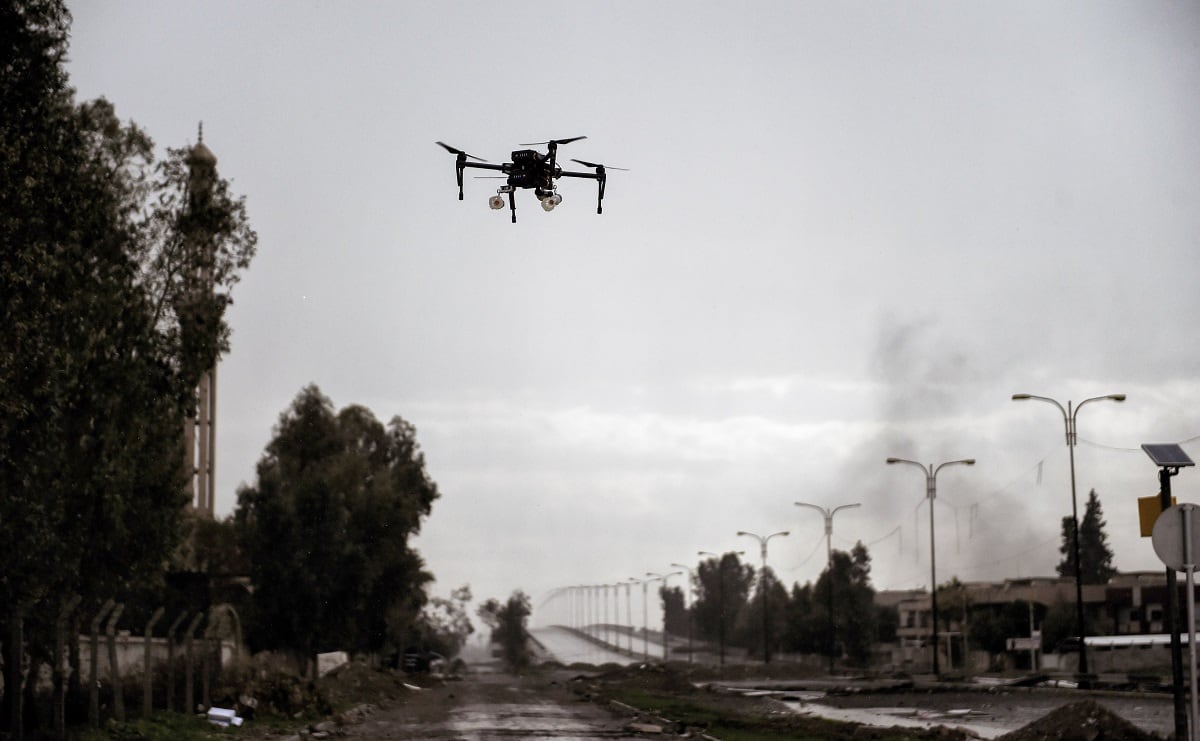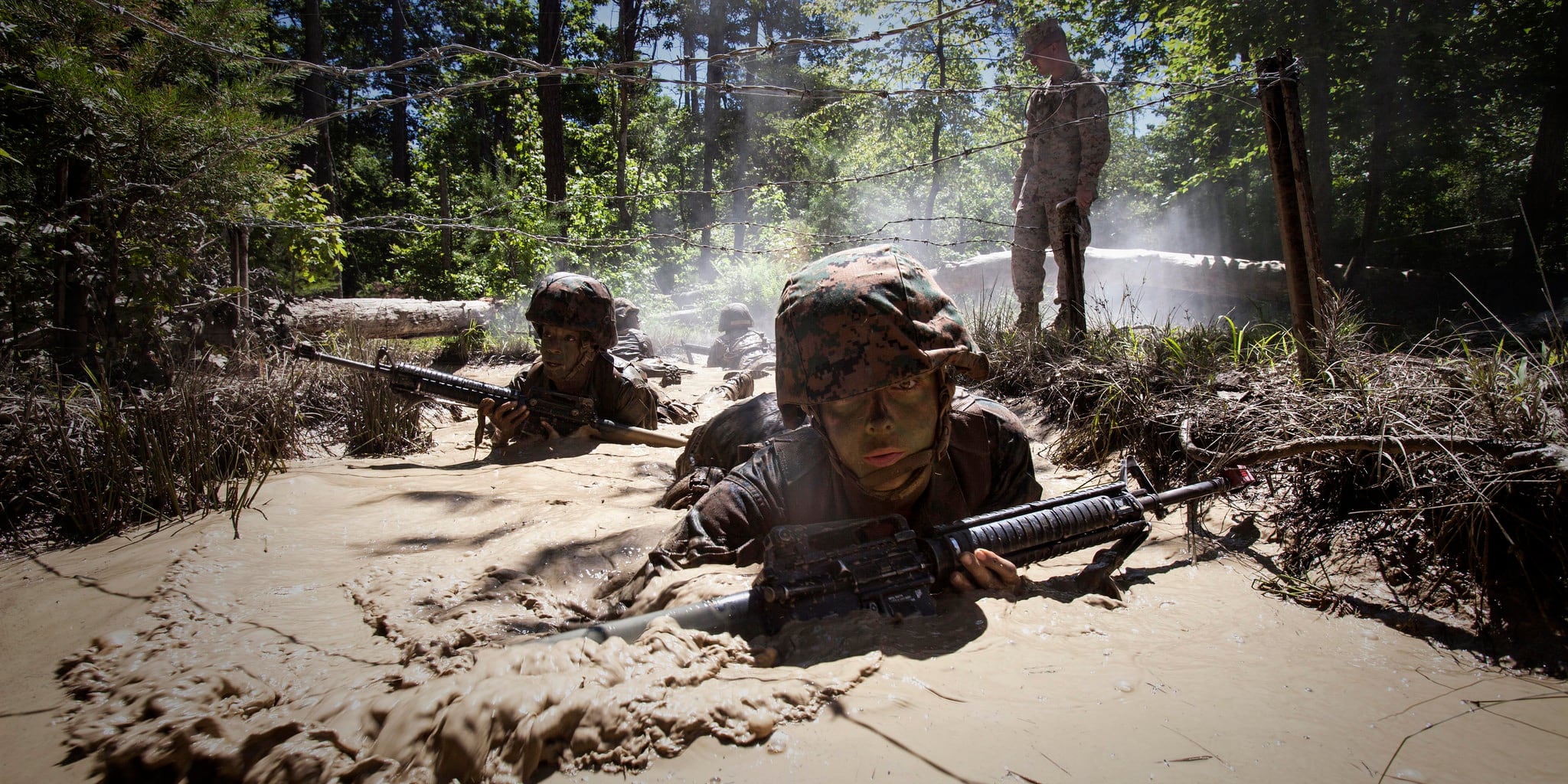After years of operations in permissive environments, current U.S. personnel could face significant struggles in a high-end fight against adversaries with sophisticated capabilities.
“Gone are the days of uncontested superiority that we’ve really had,” Lt. Gen. Robert Walsh, commanding general of the Marine Corps Combat Development Command and Deputy Commandant of Combat Development and Integration, said during a Feb. 7 keynote at the West 2018 conference in San Diego, California.
“When I take a look at our marines who have been in Iraq and Afghanistan … I think we would probably struggle in that type of complex environment based on where we’ve been and the good work we’ve been doing over the last 17 years.”
Marines, as well as others across the joint force, need to be prepared for the types of asymmetric threats they might face against certain high-end nation states.
“We’re trying to make sure that marines are instilled with the confidence to be able to go against their peer competitor,” Maj. Gen. Eric Smith, commanding general of 1st Marine Division, said during the same conference a day earlier.
“Some of it is as simple as air threats. We haven’t had a bomb dropped on us in almost 70 years. You have to be able to prepare yourself for an aviation threat we haven’t faced since the ’50s; we’re doing that.”
RELATED

Walsh explained that he likes to play a video of the Chinese People’s Liberation Army at the Marine Corps University for the younger force — sergeants and lieutenants — that have been fighting the counterterrorism mission for 17 years and know al-Qaida, the Islamic State group and the Taliban well, because they don’t know that high-end fight.
“When I look at this video,” he said, “I fall back into my early days as an officer and I remember back and I almost feel comfortable looking at the video and saying I remember the Soviet Union.”
The U.S. studied all the tactics and capabilities of peer-nation the Soviet Union during the Cold War. Similarly, Walsh noted that one theater in particular he and his Army partners are studying closely is Europe, specifically Ukraine.
He said they’ve dissected what’s gone on there as a means of understanding contested environments and capabilities therein, such as surface-to-air missiles, electronic warfare, jamming of communications, and drones that can be deployed quickly to find enemies and inform artillery that rains down on entire battalions.
Mark Pomerleau is a reporter for C4ISRNET, covering information warfare and cyberspace.








